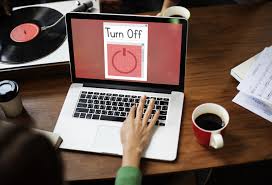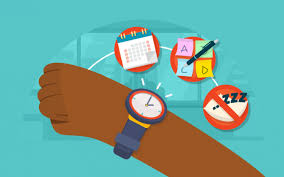Learning How to Express Yourself By Singing
Nov 25
Music has been around for centuries and one particular use of music is actually for serenading. There have been so many ballads and songs written for the sole purpose of expressing affection.
We’re Born to Express Through Music

A lot of people use songs as a way to express their affection for someone else. Why shouldn’t you? Music is a part of everyone whether or not they are a fan of music. Music is such a big mass that it definitely fills the big empty holes of the music lovers. A lot of dreams have been made around music.
A lot of careers have been built around music. Music is someone everyone should appreciate. After all, there are so many different kinds of music to choose from. You can definitely decide which music you prefer. After all, who says you have to like the same music as other people do?
Singing as a Form of Communication

Now what about singing a song to the one you love? Why not? Doing this would be super romantic. Whether it be a lullaby to sleep or maybe even a full on performance when you propose, singing to them is a great way to get them to feel how much you love them. Besides, it’s a great way for you to showcase that hidden star power.
You don’t need to have an amazing angelic voice to sing. All you need to do is sing from the heart. Finding the perfect song may be hard. Well, there’s always that option of asking them what their favorite songs are but then again, there are always amazing songs that could be their next favorite song.
The Many Wonders of Singing

Look around and you might just find a hidden gem that magically describes how you feel about that person you love. Don’t give up, you can even ask others who are really into music to help you out finding a good song for you to sing to the one you love. When you’ve picked your song, the next step would be to perform it.
Now you could go from a simply entering the room while playing the song all the way to an extravagant singing on a stage. Whatever you do, plan it a little more. Make that moment magical. Music is magic after all and to be able to play music for the one you love is basically you performing magic.
Read More






